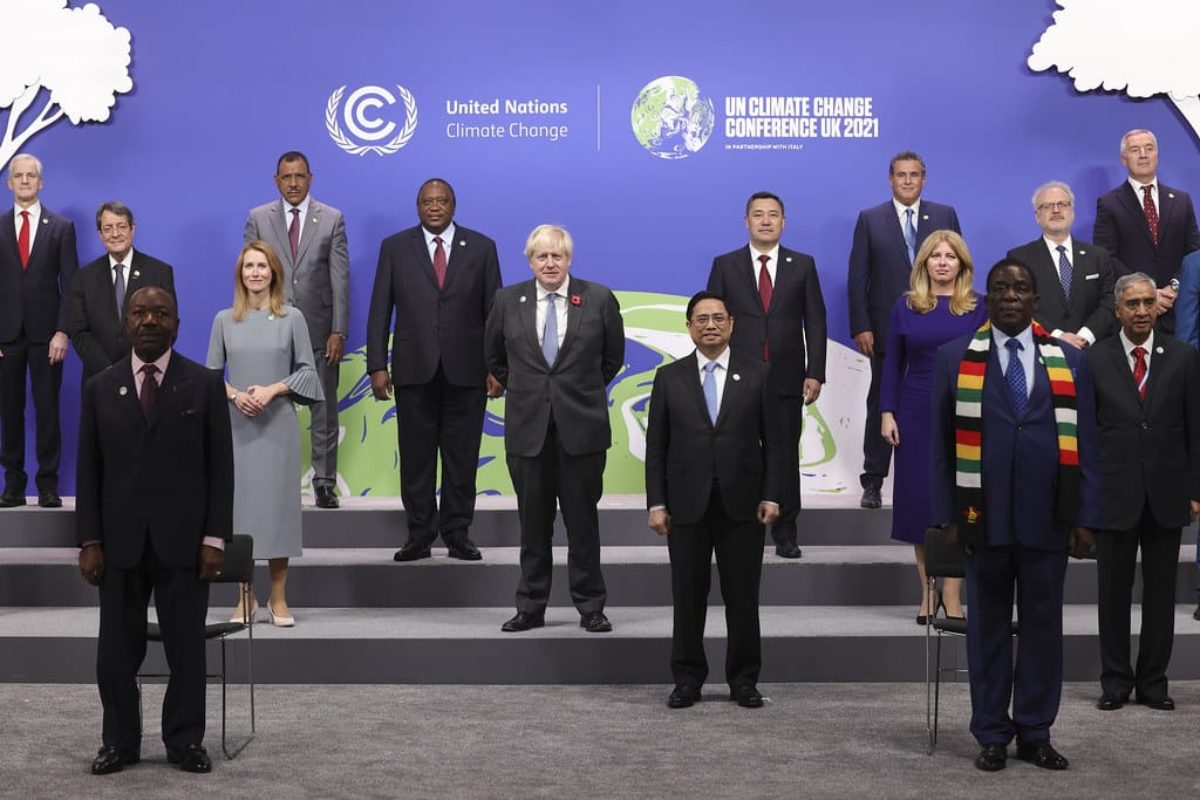The recent United Nations Climate Summit brought together leaders from across the globe, but instead of unity, the event exposed deep divisions. While scientists continue to warn about the urgent need for climate action, major world powers remain at odds over responsibilities, funding, and implementation strategies.
Developed nations such as the United States and European Union argue that they have taken significant steps to reduce emissions and are investing heavily in green technologies. In contrast, developing countries, including India, Brazil, and several African nations, insist that wealthier states must do more to provide financial support, as they historically contributed most to carbon emissions.
The Economic Stakes of Climate Action
Climate change is no longer just an environmental issue—it is an economic challenge. Global markets are closely watching government policies that can either accelerate the shift toward clean energy or prolong dependence on fossil fuels.
Investment in renewable energy is at an all-time high, with solar and wind power leading the way. However, oil-rich nations like Saudi Arabia and Russia continue to emphasize the role of fossil fuels, warning that rapid decarbonization could destabilize economies and lead to job losses.
This conflict between environmental responsibility and economic stability remains one of the central debates shaping global climate negotiations.
Political Dimensions of Climate Diplomacy
For many governments, climate policy is as much about politics as it is about the environment. Leaders use their climate commitments to appeal to domestic audiences, strengthen international alliances, and enhance their global image.
The European Union has positioned itself as a climate leader by championing carbon neutrality by 2050. Meanwhile, China has pledged carbon neutrality by 2060, but critics argue that its continued reliance on coal undermines its promises. The United States, after rejoining the Paris Agreement under President Joe Biden, faces political opposition at home, where climate policies remain a deeply divisive issue.
Impact on Developing Nations
Developing countries are among the hardest hit by climate change, facing rising sea levels, droughts, and extreme weather events. Yet, they often lack the resources to adapt or transition to renewable energy.
These nations argue that climate justice demands more support from wealthy countries in the form of funding, technology transfer, and debt relief. Without such assistance, they risk being locked in cycles of poverty while bearing the brunt of environmental destruction they did little to cause.
The Role of Technology in Climate Solutions
Technology is emerging as a critical tool in the fight against climate change. Innovations in renewable energy, electric vehicles, carbon capture, and artificial intelligence are offering new pathways for reducing global emissions.
Tech giants like Google, Microsoft, and Tesla are investing billions into sustainable initiatives. At the same time, startups across the world are developing breakthrough solutions in agriculture, energy storage, and waste management.
However, critics warn that relying too heavily on technology could create delays in immediate action, as political leaders may use innovation as an excuse to postpone difficult policy decisions.
Celebrity Activism in the Climate Debate
Celebrity voices are increasingly shaping public opinion on climate issues. Figures such as Leonardo DiCaprio, Greta Thunberg, and Priyanka Chopra Jonas have used their platforms to advocate for urgent action. Their influence extends beyond traditional activism, as they engage millions through social media and global campaigns.
While some critics dismiss celebrity activism as symbolic, it undeniably raises awareness and puts pressure on governments and corporations to act. In many cases, celebrity involvement has amplified grassroots movements, making climate change a mainstream concern.
Global Security and Climate Migration
Climate change is no longer viewed solely as an environmental challenge—it is also a security threat. Rising sea levels and droughts are displacing millions of people, creating new waves of climate migration. This mass displacement is fueling tensions across borders and intensifying global instability.
Military leaders in the United States and NATO countries have repeatedly warned that climate change acts as a “threat multiplier,” exacerbating conflicts over resources such as water and arable land. Governments now face the dual challenge of addressing humanitarian crises while preventing climate-driven instability from escalating into political conflicts.
The Future of International Cooperation
The UN Climate Summit highlighted the fragility of international cooperation. While nations agree on the urgency of climate action, disagreements over funding, responsibility, and timelines remain unresolved.
Some experts argue that regional agreements, such as those within the European Union or African Union, may prove more effective than global summits. Others believe that without unified global action, climate change will accelerate beyond control, leaving future generations to face devastating consequences.
FAQs
Why are developing nations demanding more climate funding?
They argue that wealthy countries historically contributed most to emissions and should provide financial and technological support to help poorer nations adapt.
What role does technology play in fighting climate change?
It offers solutions through renewable energy, carbon capture, electric vehicles, and AI-driven efficiency tools.
How do celebrities influence climate policy?
They raise global awareness, amplify grassroots movements, and pressure corporations and governments to act faster.
What is climate migration?
It refers to the displacement of people due to rising sea levels, droughts, and extreme weather, creating global security concerns.
Why is climate change seen as a security issue?
Because it can trigger conflicts over resources, increase migration, and destabilize vulnerable regions, making it a threat multiplier.
Conclusion
The UN Climate Summit has once again shown that while there is consensus on the urgency of climate change, disagreements over responsibility and funding continue to divide nations. Political, economic, and security concerns are deeply intertwined with environmental policy, making solutions more complex than ever.
The path forward will require stronger leadership, innovative technology, and genuine international solidarity. Without decisive action, the consequences of climate inaction will be felt not only by vulnerable communities today but by generations to come, altering the trajectory of our global future.

Leave a Reply